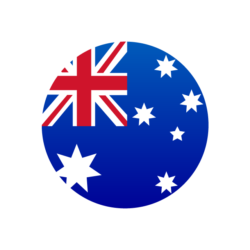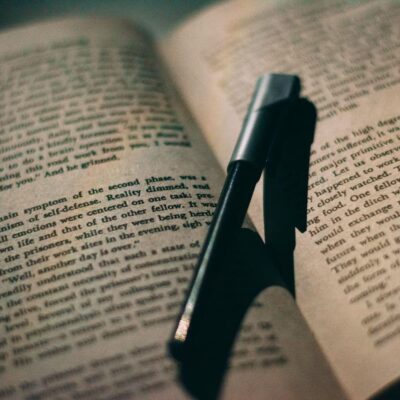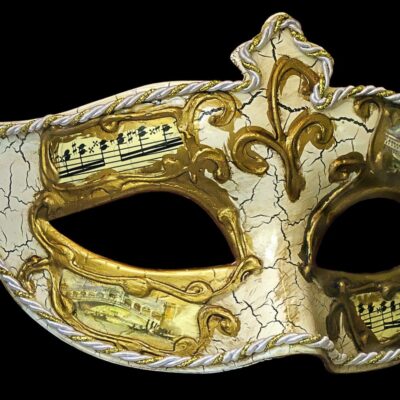
Early Australian poetry was heavily influenced by 18th century English romantic poetry. As a result, early lyricists such as Barron Field (1786–1846), William Charles Wentworth (1790–1872) and Charles Harpar (1813–1868), despite their technical skill, saw Australia through the eyes of the English and wrote about it in English poetry. The first significant poets — Australian-born poets Henry Kendall (1839–1882) and Edam Lindsay Gordon (1833–1870) – popularized ballads about rural life in Australia. The most significant writers of the illustrious “nineties” of Australian literature were Andrew Barton (“Banjo”) Paterson (1864-1941) and Henry Lawson (1867-1922). Paterson created the final version of the world famous ballad Matilda Dancing. In 1880 in Sydney, JF Archibald and EJ Stevens (1865–1933) founded the journal Bulletin.
The Australian poets Victor Daly (1858–1905) and Christopher John Brennan (1870–1932) are less well known. Daly wrote romantic poetry. Brennan was one of the first English-speaking writers to be influenced by French symbolism. Bernard O’Dowd (1866-1953), greatly influenced by Walt Whitman, was a master of edifying Democratic poetry. John Shaw Neilson (1872-1942) and Hugh McCrae (1876-1958) are two of Australia’s greatest poets. However, few poets have surpassed Kenneth Slessor (1901-1971), whose Five Bells hold a unique place in Australian literature. Dorothea McKellar (1883-1968) published many collections of poetry, but she is best known for her poem My Country (1945), which is recognized as the pearl of Australian poetry. Other significant poets include James Macauley (1917–1976), Gwen Harwood (1920–1995), Ujeru Nunakal (1920–1993, pseudonym Cat Walker), AD Hope, Judith Wright, and Chris Wallace-Crabbe.
In recent years, Murray Forest has become perhaps the most famous living poet in Australia. He has received numerous literary awards, including the prestigious International TS Eliot Prize in 1997. Murray has published over 30 books. His most recent works are Batratskie Poems (1996) and a novel in verse by Fredy Neptune (1998).



